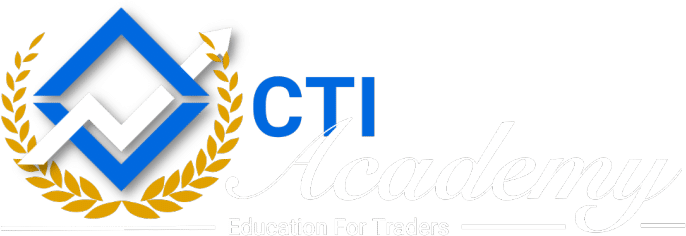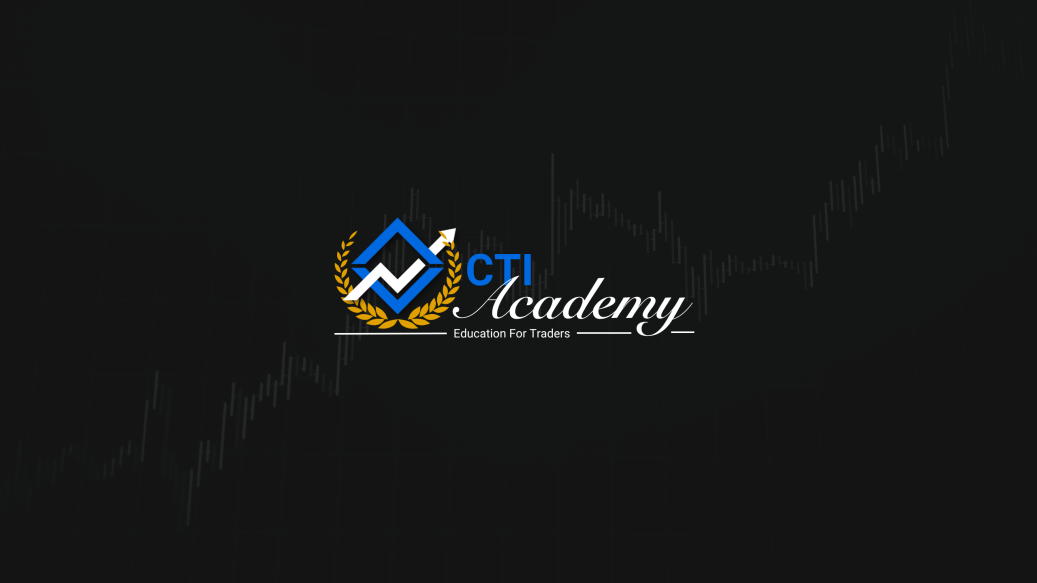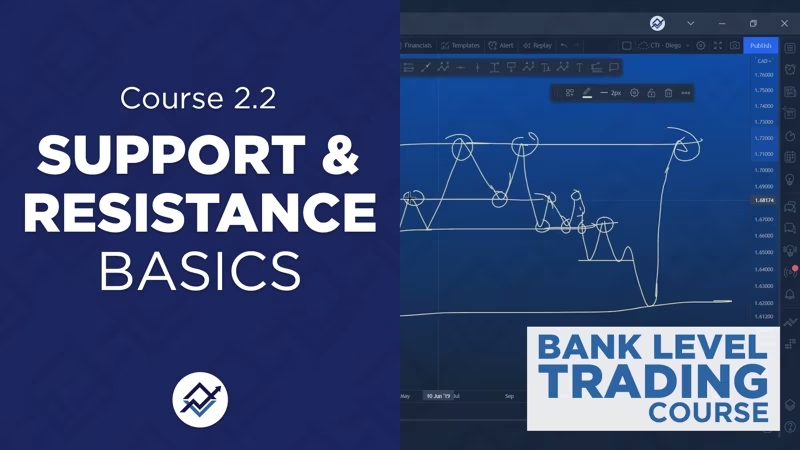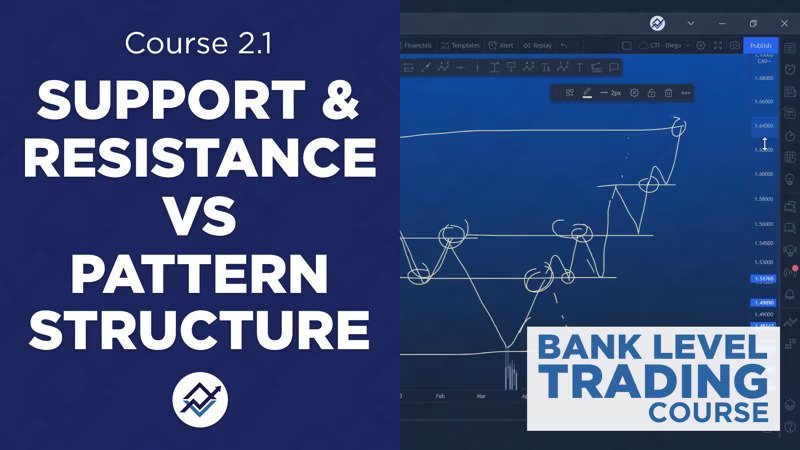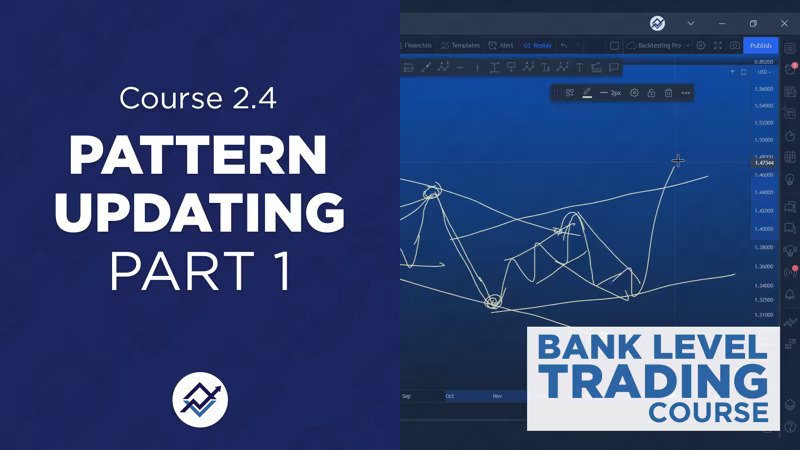Introduction
For those curious about the intricate dance of financial markets, understanding the different types of investments is essential. There are several financial instruments available in the trading arena, with stocks, forex, commodities, and cryptocurrencies being the primary players. Each resembles unique pieces on a chessboard, with its distinctive movement, role, and impact on the overall game.
Stocks: The Equity Puzzle
When we talk about the stock market, we’re delving into the world of equities. Stocks represent ownership in a company and allow traders to tap into a company’s success or failure. But, what are the 4 types of stocks to trade? They generally include common stocks, preferred stocks, growth stocks, and value stocks. The stock market, as many know, is prone to volatility. Prices can shift drastically based on earnings reports, news, and market sentiments. It’s also essential to understand that not all stocks pay dividends, and choosing the type of stocks that align with one’s investment goals is crucial.
Forex: The Currency Dance
The Forex market is where national currencies are exchanged, but what exactly are trading instruments in forex? Primarily, these are the currency pairs, and they dance to the tunes of economic indicators, interest rates, and geopolitical events. Unlike the stock market, the forex isn’t a money market instrument. It’s a 24-hour market, known for its high liquidity and frequent fluctuations. For those pondering over the difference between forex and trading, forex specifically refers to the trading of currencies, while trading encompasses a broader range of financial instruments, including stocks, commodities, and more.
Commodities: The Tangible Assets
What do you mean by commodity? Commodities are tangible assets, like gold, oil, and agricultural products. Do commodities do well in a recession? They can, as their value often hinges on supply and demand dynamics, geopolitical tensions, weather conditions, and economic health. Understanding the distinction between a commodity vs. a stock is vital for traders. While stocks give you ownership in a company, commodities represent actual goods that can be bought and sold.
Cryptocurrencies: The Digital Frontier
Cryptocurrencies, often seen as the future of trading, are decentralized digital assets operating on blockchain technology. Is cryptocurrency a financial instrument? Yes, in many ways, it is. But more than that, it’s the frontier where boundaries are continually being pushed. Questions like “Can you hold a Bitcoin in your hand?” arise due to its intangible nature. The simple answer is no; Bitcoin and other cryptos are digital assets. But why use Bitcoin instead of cash? For many, it’s the decentralization, potential for growth, and the security of blockchain.
For those in the UK wondering, “Is crypto legal in the UK?” The answer is yes, although certain regulations govern its trade and use. Moreover, several UK banks allow crypto transactions, making it easier for residents to invest and trade in cryptocurrencies.
Emotional And Strategic Alignment
Regardless of the financial market, whether it’s deciding which stock will boom in 2023, or determining if $100 is enough to start forex, emotional challenges like fear, greed, hope, and excitement always play a role. Recognizing these emotions and ensuring they align with one’s strategic objectives is essential for success.
Conclusion
The trading world, with its myriad financial instruments—be it stocks, forex, commodities, or cryptocurrencies—offers vast opportunities and risks. Understanding these instruments, from grasping what a CFD is to knowing how banks trade forex, is paramount. The key to success in this diverse landscape is a comprehensive understanding of each instrument, combined with strategic adaptability and emotional intelligence.
Book Recommendation: “The New Market Wizards” by Jack D. Schwager. It features interviews with top traders from various markets, providing a broad perspective.
Here are a few more book recommendations that cover these areas:
For Stocks:
- “The Intelligent Investor” by Benjamin Graham: This book is considered the bible of value investing. Graham’s philosophy of “value investing” — protecting oneself from substantial error and teaching oneself to “depend on the margin of safety” — has made it an essential guide in the stock market.
For Forex:
- “Currency Trading for Dummies” by Brian Dolan: A great entry-level book for those looking to get into forex trading. It covers everything from the basics of forex markets to specific strategies for trading.
For Commodities:
- “Hot Commodities” by Jim Rogers: Rogers introduces commodities as a lucrative investment vehicle. He discusses why and how commodities should be a part of every investor’s portfolio.
For Crypto:
- “Mastering Bitcoin” by Andreas M. Antonopoulos: This book is a comprehensive guide to Bitcoin and is considered essential reading for anyone interested in the cryptocurrency. It explains how Bitcoin works and the technology behind it.
For a Broad Overview Covering Multiple Instruments:
- “A Random Walk Down Wall Street” by Burton G. Malkiel: This book offers a comprehensive overview of various investment opportunities, touching on stocks, bonds, real estate, and even tangible assets like gold and collectibles. It’s well-known for promoting the “efficient market hypothesis.”
